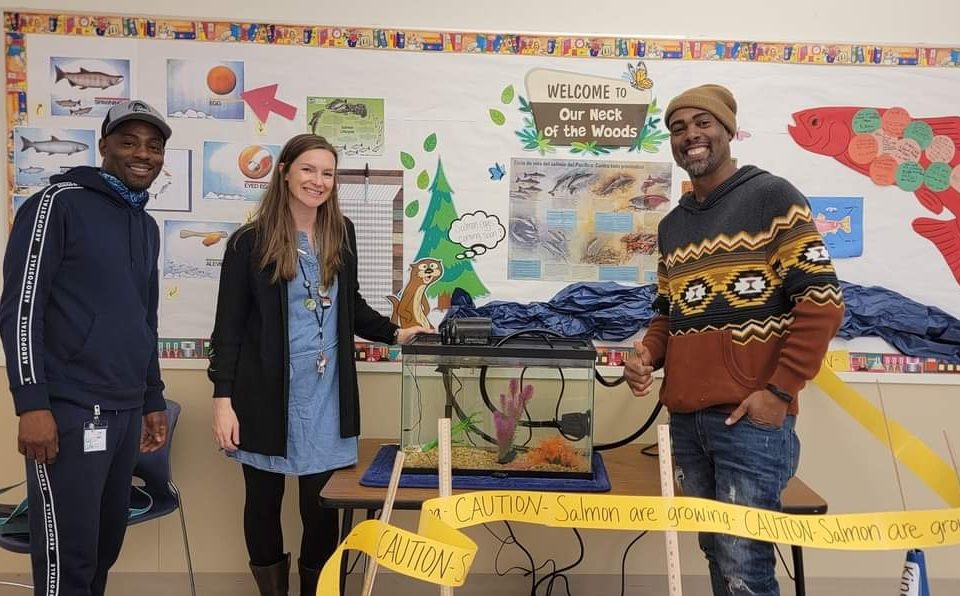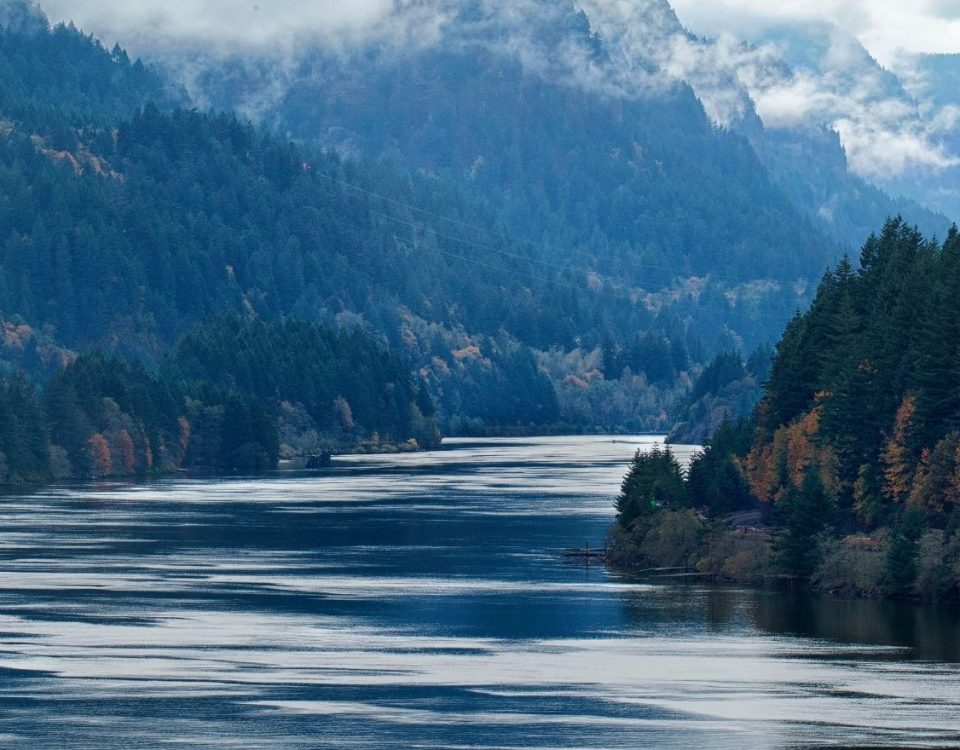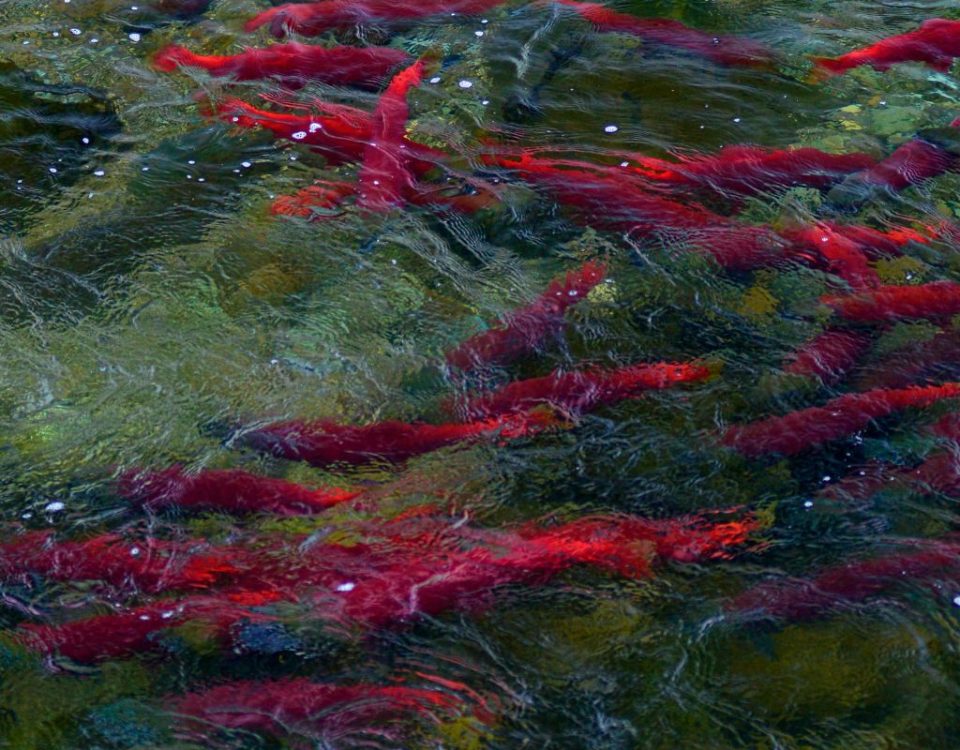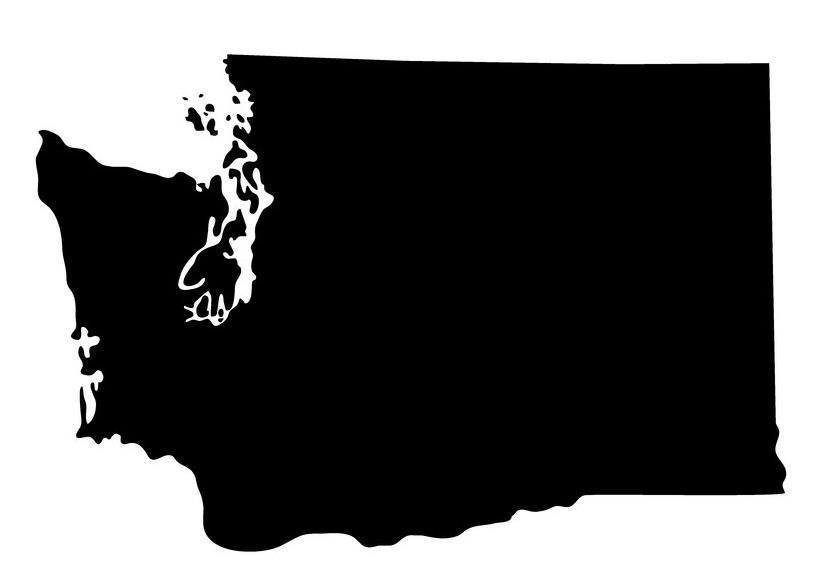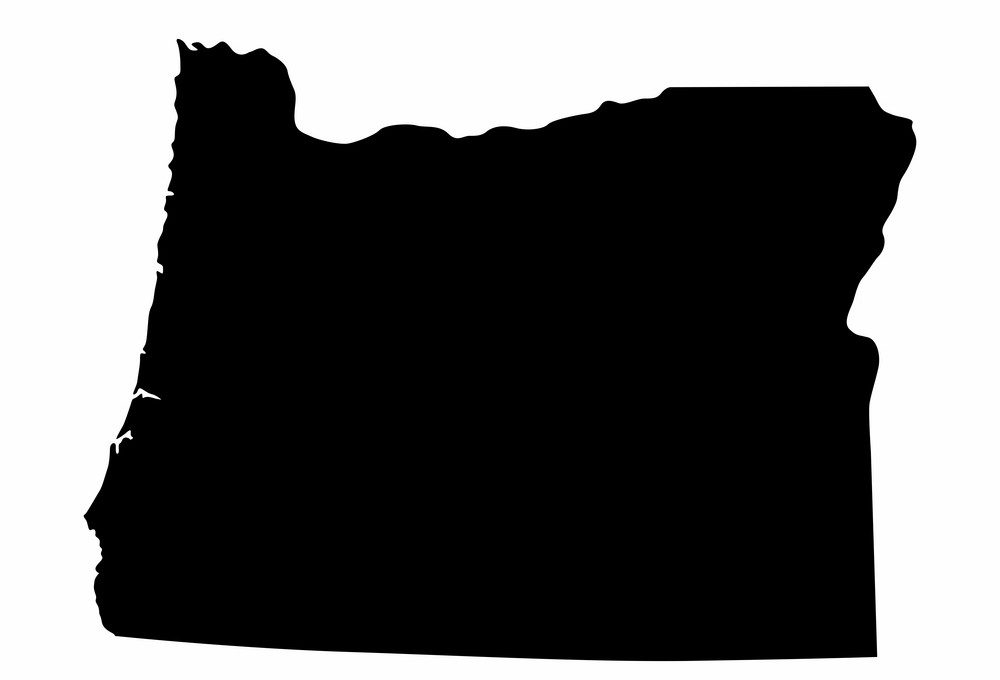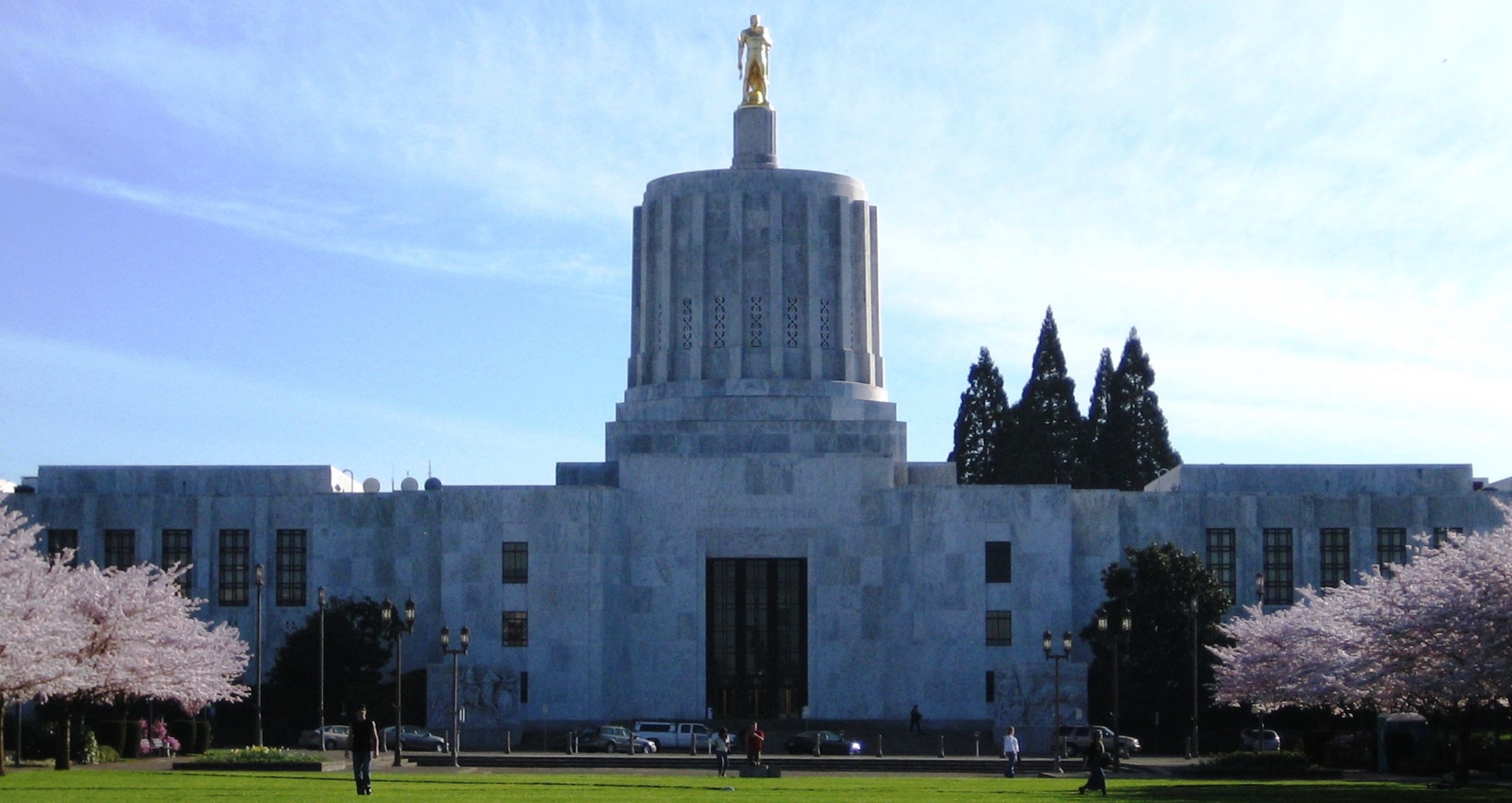
Help Us Protect Fisheries
An Advocacy Tacklebox
Leverage Your Voice
You can be advocate for abundant fish and healthy habitat by educating your personal network, contacting an elected official, attending or speaking at a public forum, signing a petition, writing a letter to your local newspaper editor, volunteering on a committee, hosting an event, or donating to our organization.
Communicate with Legislators
First, use this guide to learn how the Senate and the House of Representatives conduct legislative affairs, which key committees Washington and Oregon legislators serve on, and useful terminology for advocates.
Regardless of the medium you plan to use to bend the ear of policymakers, here are a few general tips that will ensure you are heard by your intended audience and will help you get your point across more effectively.
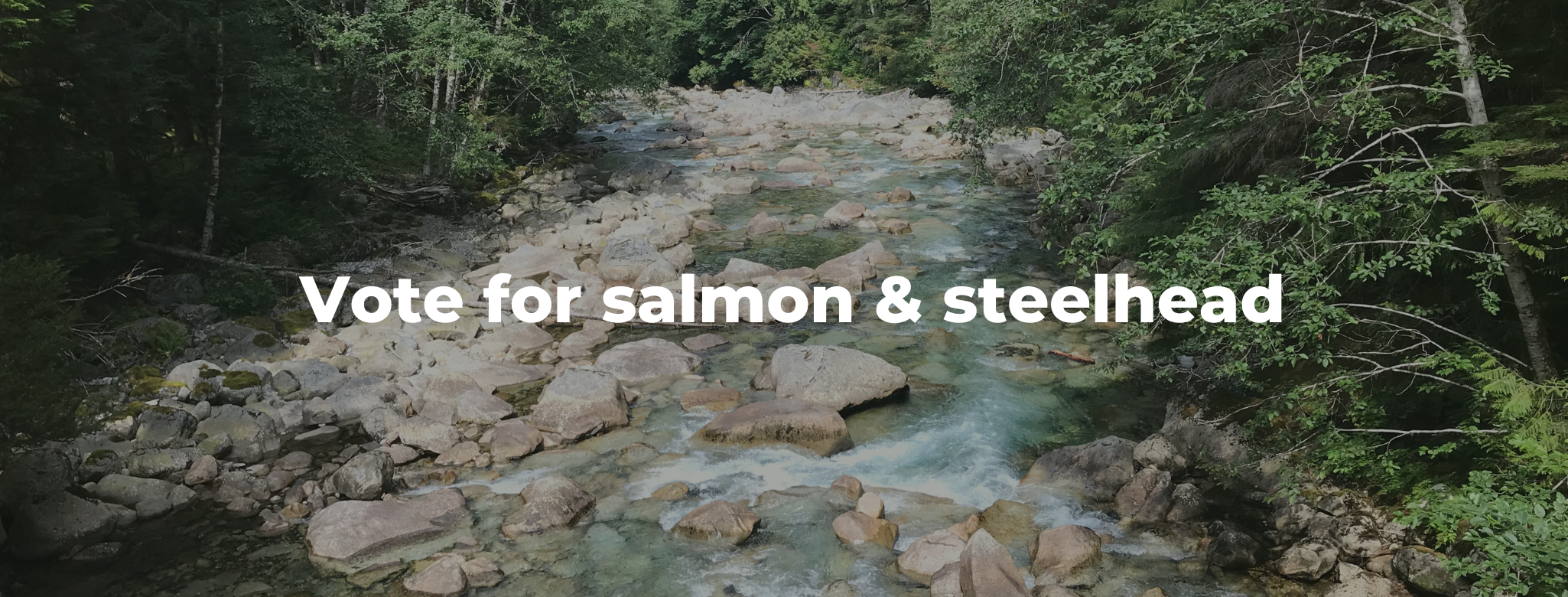
Register to Vote
In Washington and Oregon, you must register to vote in advance of the November 3rd, 2020 election.
In Washington, you must register to vote before October 26th.
In Oregon, you must register to vote before October 21st.
Check your registration status, request an absentee ballot, and set election reminders to ensure you submit your ballot on time at Vote.org.
Find Your District & Get to Know the Candidates
In November, we will be voting for new federal and state legislators, as well as other elected positions. Find out which federal district you are in using GovTrack.
State legislatures follow the same representation as our federal legislature: each district elects one Senator and two House representatives to represent them at the State level. Senators are elected for four-year terms and House members are elected to two-year terms.
Learn which Senate and House seats are up for election and which candidates are running for seats in your district using Ballotpedia. The site provides incumbents’ legislative history, including when they were elected, legislation they’ve sponsored, and which committees they serve on. You can also click on new candidate profiles to get a feel for their legislative history and priorities, including salmon recovery and recreational fishing opportunities.
Check out the state search tools to the right!
Ask Questions
If you are looking for more information about a candidate’s perspective on fisheries management and habitat conservation, ask them! You can attend a campaign event, email them, or call their campaign office. Asking questions gives you an opportunity to provide additional information to candidates, and can be an important part of building a relationship between our organization and the candidate. While incumbents running for re-election often have a sense of the importance of salmon recovery and some exposure to the various ways Oregon is working toward this goal, new candidates might not be that familiar with the nuance of the issue.
Example Questions
1.) If elected, how do you plan to enhance recreational fishing opportunities throughout the State?
2.) How will you create an honest, informed dialogue about potentially conflicting environmental and development priorities?
3.) The Clean Water Act has been gutted, leaving waterways vulnerable to pollution and overdevelopment. Is protecting water quality and recovering endangered species a legislative priority for you? How will you move the dial on clean water if you are elected?
4.) How will you foster cooperation on Columbia River Management Reform among federal, state, and tribal governments along with industry, non-profits, NGOs, charities, and various other non-governmental groups?
5.) How will you advance meaningful protection and recovery of our endangered and at-risk species, including 13 salmon and steelhead populations in the Columbia River basin?
6.) The Department of Fish and Wildlife and its Commission are responsible for protecting the state’s wildlife and its habitat for the entire state to enjoy. How will you ensure that the Department and its Commission are driven by best available science, reflect the public’s values, and reflect the changing demographics in the state?
7.) State agency budgets continue to decline despite the ever-increasing costs of conservation and restoration. With the substantial economic impacts associated with COVID-19, budgets are sure to be further impacted. How will you fight for funding for outdoor recreation, conservation, habitat restoration, and salmon recovery?
8.) The bi-state Lower Columbia River Fisheries Management Reforms were negotiated to ensure concurrency between the states of Washington and Oregon concerning salmon fishing rules on the Columbia River. The “reforms” eliminated non-treaty gill net fishing on the main stem of the river, and prioritized recreational allocation over commercial allocation. After five years, there is potential that this policy will be rolled back. What will you do to ensure this doesn’t happen?
9.) Dams are serious obstacles that affect fish passage in the Columbia River Basin. What is your perspective on reassessing dams?
10.) What is your position on the role of hatcheries in fisheries management?

